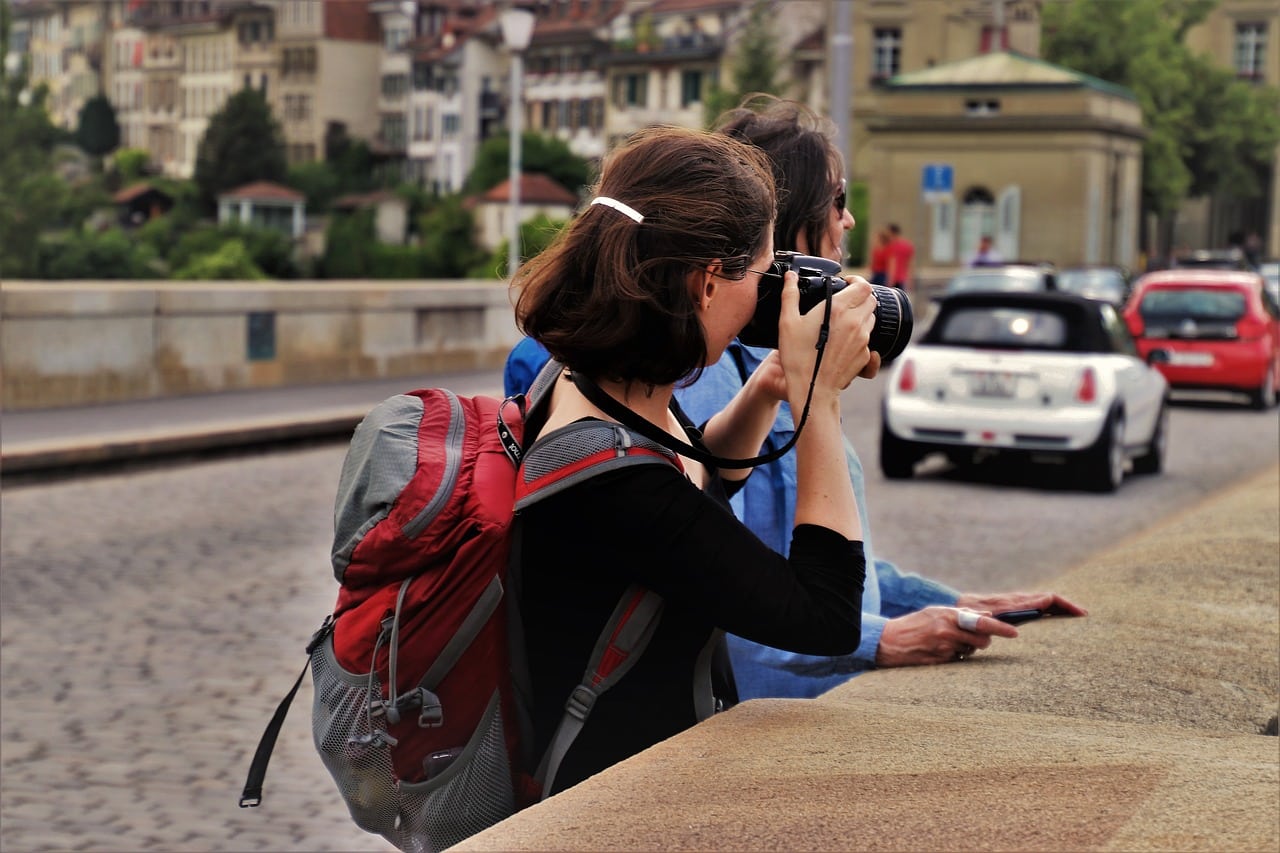After much deliberation, a whole lot of researching destinations and even more time spent wanderlusting over other people’s travel photos you’ve finally decided to take the plunge and take off on your own overseas adventure.
If you’re planning on travelling solo, as so many people do these days, you’re no doubt feeling equal parts anxious and excited.
But we’re here to help ensure you have the best time you possibly can. Whether you’re travelling as part of a solo tour or on your own, these 10 tips will help make your journey is that little bit easier.
10 things you should know before travelling alone.
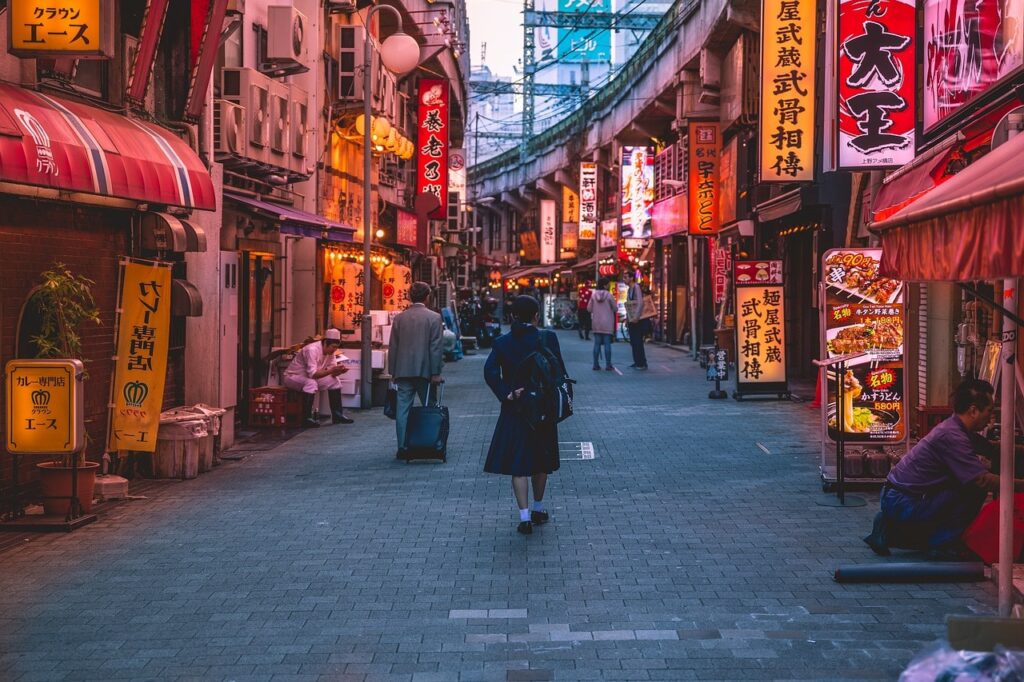
It’s not uncommon to have a mini meltdown.
You’ve seen your friends’ travel photos scattered across Facebook and when they arrived home, no doubt they gushed about all the wonderful experiences they had. I’m sure they had an amazing time. But travel is also hard work. It’s tough arriving in a country where you don’t speak the language, don’t understand the local customs, have to figure out the local currency every time you want to buy a bottle of water, or anything else for that matter. And it’ ok to be frustrated by this.
You’re not alone. Every traveller I have ever met has had these same feelings at some point during their journey. Particularly if it’s their first trip and they are travelling alone. But, and there’s a big but. These feelings of angst and anxiety will pass. You’ll settle into your new surroundings, meet people on the road, get used to the money and pick up all kinds of travel tips. By the end of your first trip you’ll be thinking about where you want to go next.
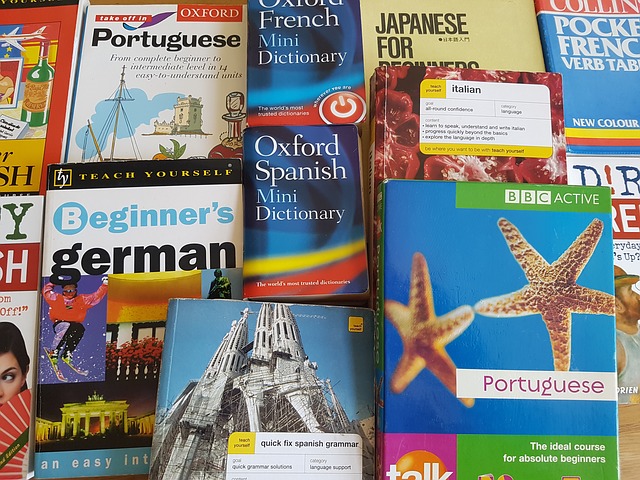
A few local words from the destination you’re travelling to.
One of the beautiful things about travel is learning something new about the world around us, and that includes picking up some new words. We always recommend you learn at least the basics – hello, goodbye, thankyou, excuse me, cheers and toilet. I also like to add ‘how much’ and ‘that’s too expensive’.
My favourite words are ‘oi chua o’i’ – “oh my God” in Vietnamese – used whenever I’m trying to haggle for a better deal on something.
Don’t worry if your pronunciation isn’t perfect, just have a go. It’s so much more pleasant to be able to say ‘hello’ or ‘thank you’ to someone in their local language, and you’ll generally be greeted with a smile simply for making the effort.
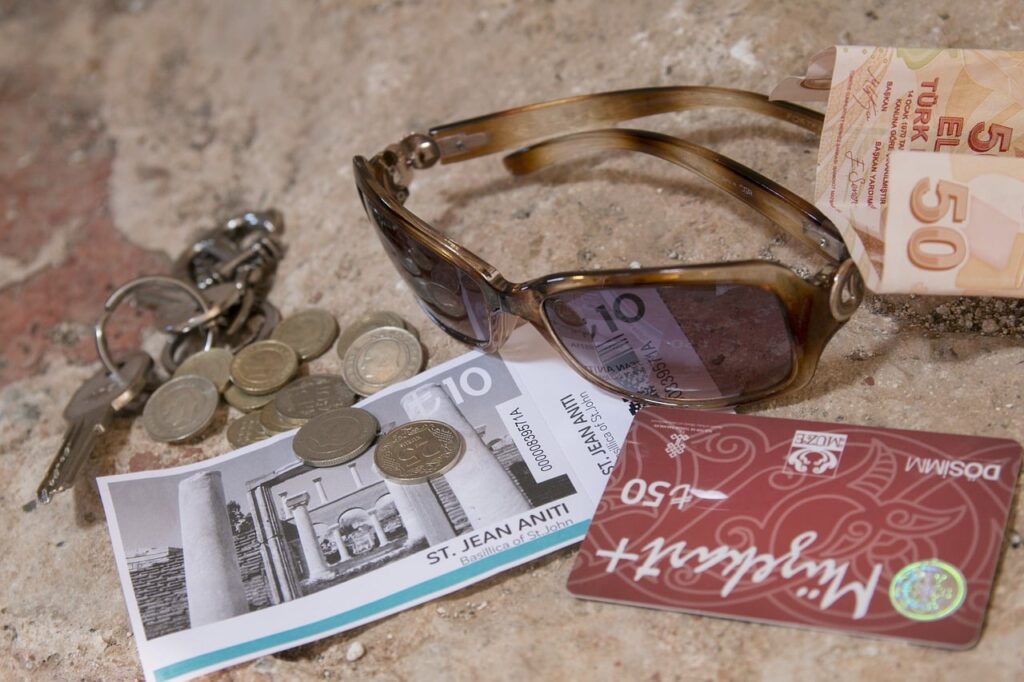
How to manage your money for the country that you’re going to.
There’s no denying that travel can be expensive and financially confusing! Should you use ATMs, credit cards, change your money into the local currency before you go or take extra cash and exchange it at your destination as you go. Everyone will have a different view on this and the simple answer is, it depends on where you are travelling to. We’ve written more extensively on this here, but essentially every country is different when it comes to the optimum way to access your money.
In Myanmar and Cuba for instance banks can be hard to come by and so you’ll want to make sure you have extra cash that you can exchange. In Cuba you can’t actually use many Australian bank cards – this is changing slowly but it’s always better to have a little extra cash with you. In Cambodia withdrawal fees can be excessive, while in Vietnam there are ATMs everywhere, and many have very low or no fees.
Our recommendation is to always research the country you are travelling to before you leave home to get advice on accessing money. And if you can’t find anything online, or get confused, ask your travel agent or friends who have travelled there – you know how much we all love to talk about travel!
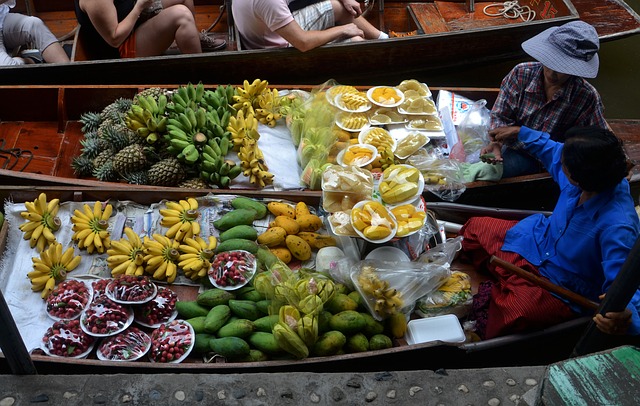
A little bit about the local cuisine
You really don’t want to arrive in a new country and realise you don’t like the local food and your food options are limited. For many travellers, food is an important part of understanding the local country and its people. You’ll have a much better travel experience if you understand a little bit about the food before you go, and know what you might experience.
For instance, I don’t like pork, simply don’t eat it. And I know when I’m travelling through Germany or Austria that pork is generally a big part of their food culture. But I know this, I know to expect that my meal choices in the great food halls in these places will probably be limited and that I may not like the food experience as much as I’ll enjoy other aspects of travelling through these countries.
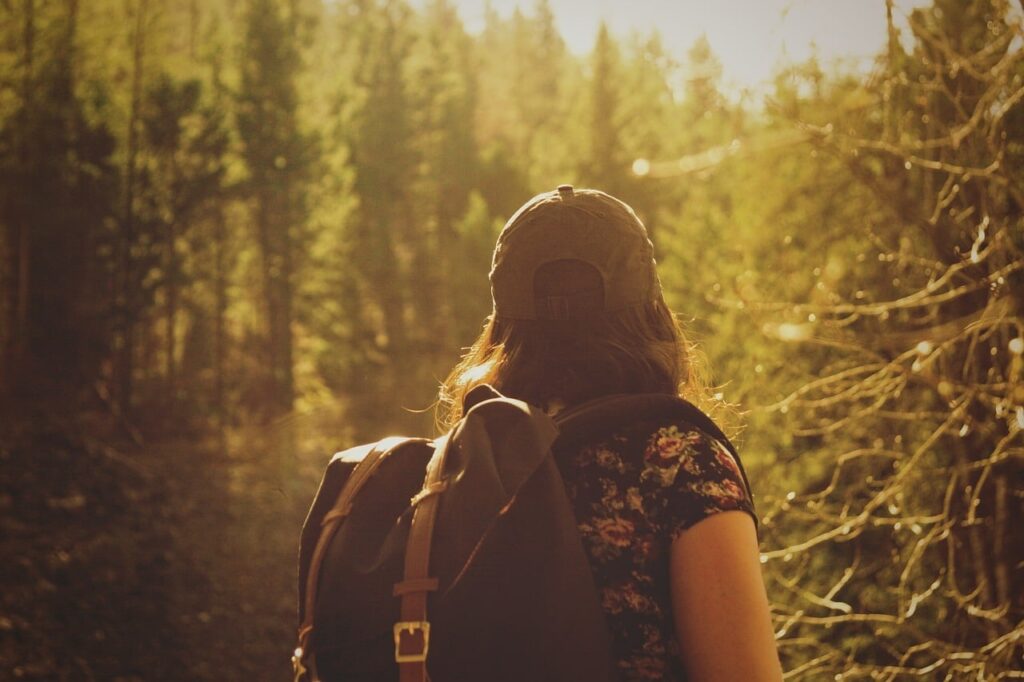
Yourself.
Unless your solo travel is part of a solo adventure with other like-minded solos on a tour, chances are you’ll be spending a lot of time on your own. From breakfast to dinner, and activities in between you’ll be experiencing everything on your own, which means you get to do exactly what you want to do!
No checking in with someone else, or compromising on how you want to spend your day. Knowing what activities you enjoy and what things you really want to see, rather than simply following the advice of other travellers will give you a far better travel experience. Like to cook? You might enjoy a cooking class in Tuscany. Love shopping? Research the best shopping areas in the cities you’re headed to.
Also think about how you like to travel, do you prefer slow travel where you get to spend days in one city really soaking it in or do you want to see as much as you can while you’re there. Neither mode of travel is better, but one will be better for you.
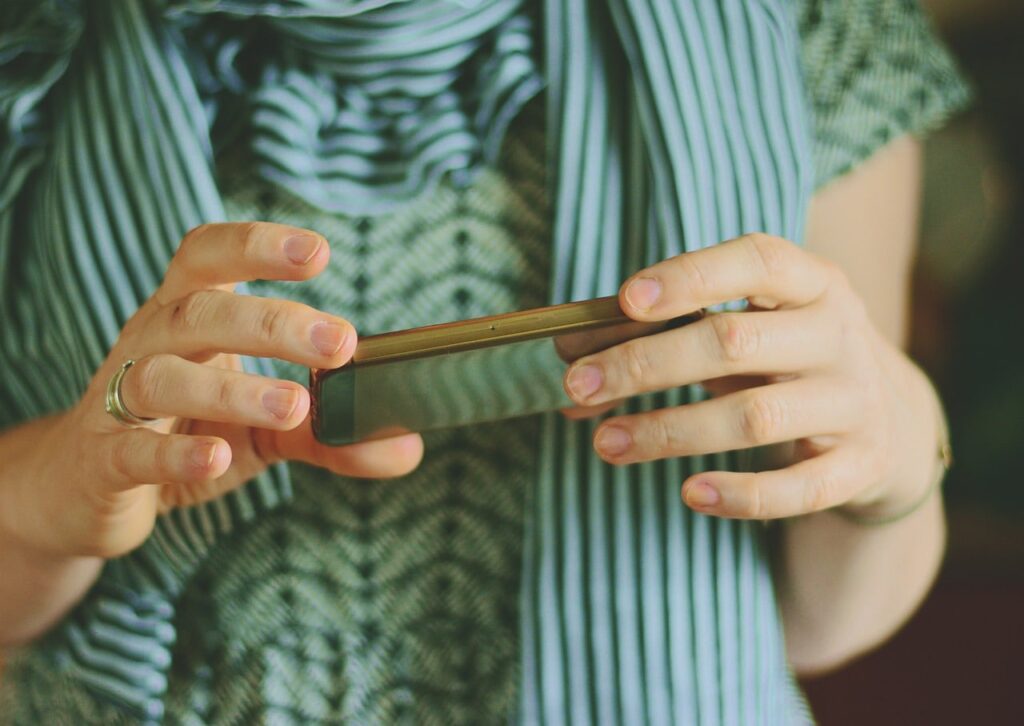
How to stay in touch with family
All travellers, whether they’re on a tour, travelling with friends, travelling with a partner or family, or travelling solo miss home at some point. It may be that you’ve suddenly remembered something you need to ask someone to do or that you simply want to let people at home know you’re safe. There are so many ways you can keep in touch with family and friends these days, from Skype to Facebook messenger to phone calls and email. The trick is to know before you leave how you plan to stay in touch and to make sure you have all the relevant contact details to stay in touch in that way.
I’m a big user of messenger, I call family and friends from all over the world using free wifi (generally available in hotels, cafes and restaurants) but I know others who use Whatsapp and others too who use skype or even Instagram messages. In China, you’ll most likely need to use WeChat.
It’s far easier to have these things set up before you leave home. That way, you can let your family and friends know how you’ll be keeping in touch and if there’s an emergency, they’ll know how to contact you.
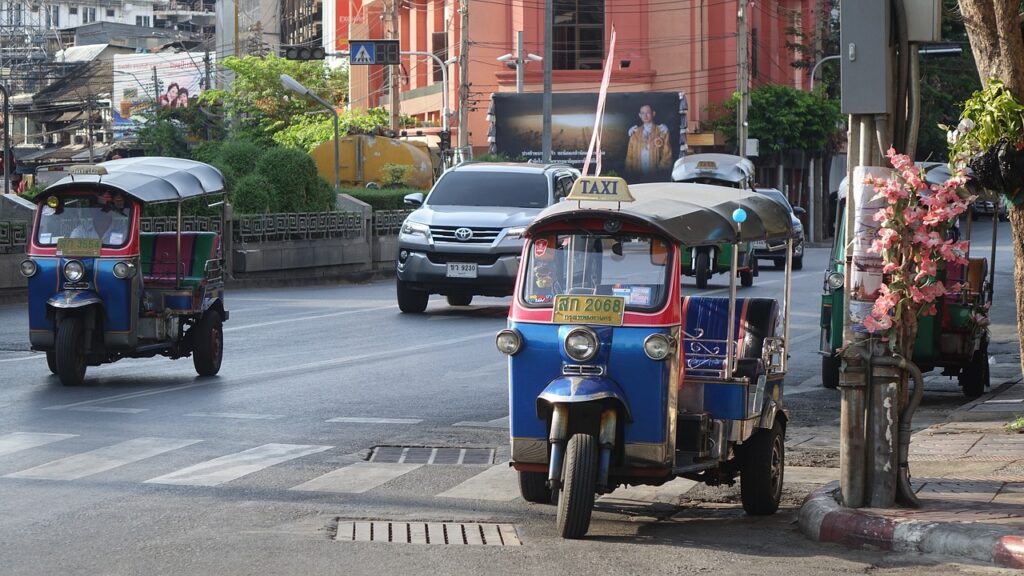
How to get around
Gone are the days when you need to pull out a huge map to help you navigate your way around a new city. These days, everything you need is on your phone (that is, if you have a smart phone). You can download relevant maps before you leave, pin destinations and plot routes.
There are a range of apps (such as GPSMyCity and CityMaps2Go) that will give you access to maps of cities from all around the world and most can be accessed offline – no need for wifi.
Think too about how you’re going to get from one place to another, will you be taking trains, buses, walking? Your concierge can generally help you with these questions, but it’s good to have an idea of how far away things are, how you like to travel – do you prefer bus or train and how far is too far for you to walk. Again, each of us has different preferences and knowing the answers to these questions before you go will ensure your trip runs a lot more smoothly.
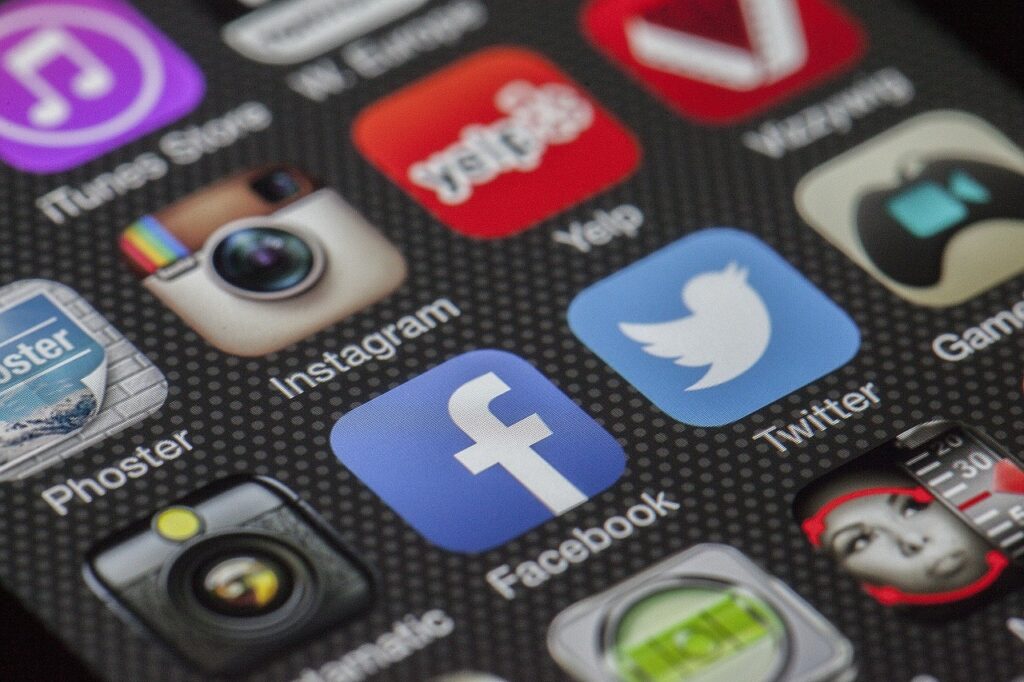
Which apps will help you get the most out of your travels.
Look up travel apps in your internet browser and you’ll get about 2,370,000,000 results in 0.59 seconds. I know, I just tried it. You don’t need or want all those apps. But there are some apps that are really helpful when it comes to travelling.
We’ve talked about travel maps above, but there are a few others I always recommend – and some that your phone comes with that you may not have thought about using for travel. I love the xe currency exchange app. I can keep an eye on the currency rate of the country I’m in and can easily convert the local currency into Aussie dollars so I know how much I’m spending. The app can be used offline for basic conversions but only updates to the latest exchange rate when you’re online.
I add my destinations to my weather app and clock apps before I leave home so I can keep an eye on the weather (very handy for packing) and will always know the time difference. Remember too that while you’re travelling you can see at a glance what time it is at home simply by going into your clock app and tapping ‘world clock’, very helpful for knowing what time to contact the folks at home.
You’ll also want to make sure you’ve got the relevant app for your preferred method of contacting people back home. It’s far easier to use the Messenger app than to have to go into Facebook online every time you want to speak with someone.
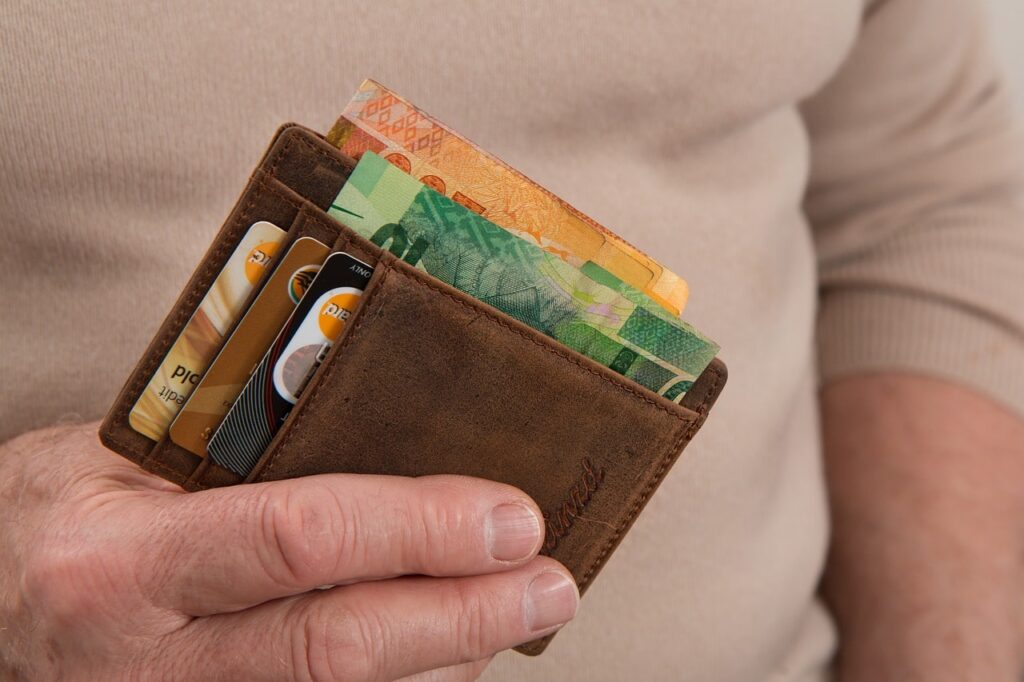
How to look out for scams
We want you to have an amazing time when you travel, want you to relax, enjoy the country, see the best in people and not be afraid of everyone who talks to you. But… You need to be aware that there are many travel scams out there. People will tell you about the gypsies in Italy who will throw a ‘baby’ at you and when you go to catch it they’ll steal your wallet. Or the stall holders in India who will sell you a shirt in its packaging and when you get it home, it’s nothing more than a shirt front with a collar.
There are any number of scams all around the world. So how do you avoid them?
Keep your wits about you, stay calm and don’t believe everything everyone says. Plus it’s ok to simply say no and to keep walking.
Always keep an eye on your valuables (and while we’re at it leave the bling at home, you won’t need it on your travels and it will only make you more of a target for would-be thieves, the less you have to worry about when travelling the better). Know where your wallet is at all times and keep your bag zipped up. In crowds always keep a hand on your wallet and phone.
You don’t want to let the thought of a scam worry you so much you forget to have a great time, but you do want to be prepared.
If you’re in a country that still uses cash, make sure you have smaller notes so you can pay the agreed price and won’t need change that can leave the way for unscrupulous store owners to feign not having change or give you back less than you’re owed.
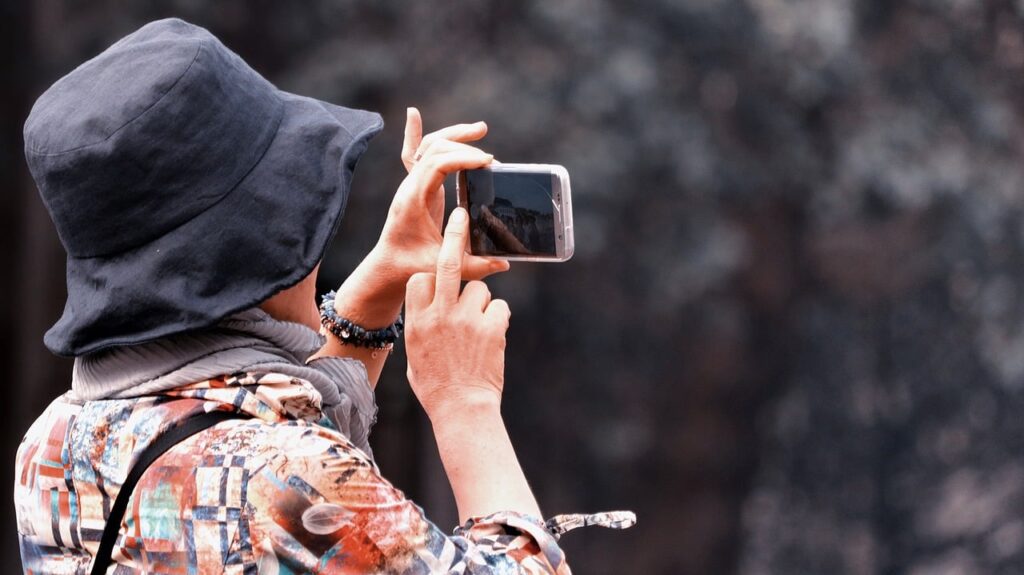
How to take a selfie
Ok, we’re being a little tongue in cheek with this one, but only a little. There will come a time when you’re travelling that you’ll really want to get a photo of yourself in front of a particular icon or building. You know, that shot of you on the same seat Princess Diana sat on in front of the Taj Mahal or a photo of you at the Eifel Tower.
You can ask someone to take it for you, but what if there’s no one around? Do you really want to miss having that shot? Learn before you go how to take a selfie so that you can take those images yourself. And practice!
If there’s someone there, great, ask them to help you out. But if not, put your new skills to work and go back with the kinds of photos that will make your friends and family envious!
Diane Squires is a writer and tour host with Two’s a Crowd.

